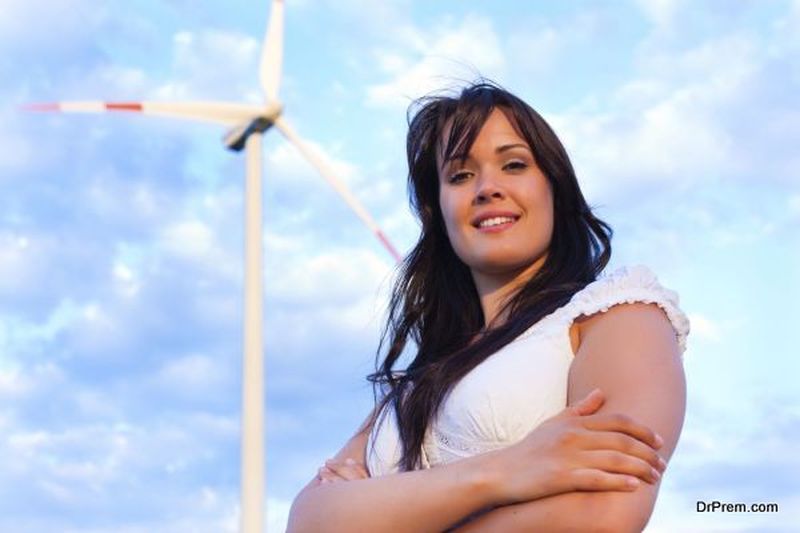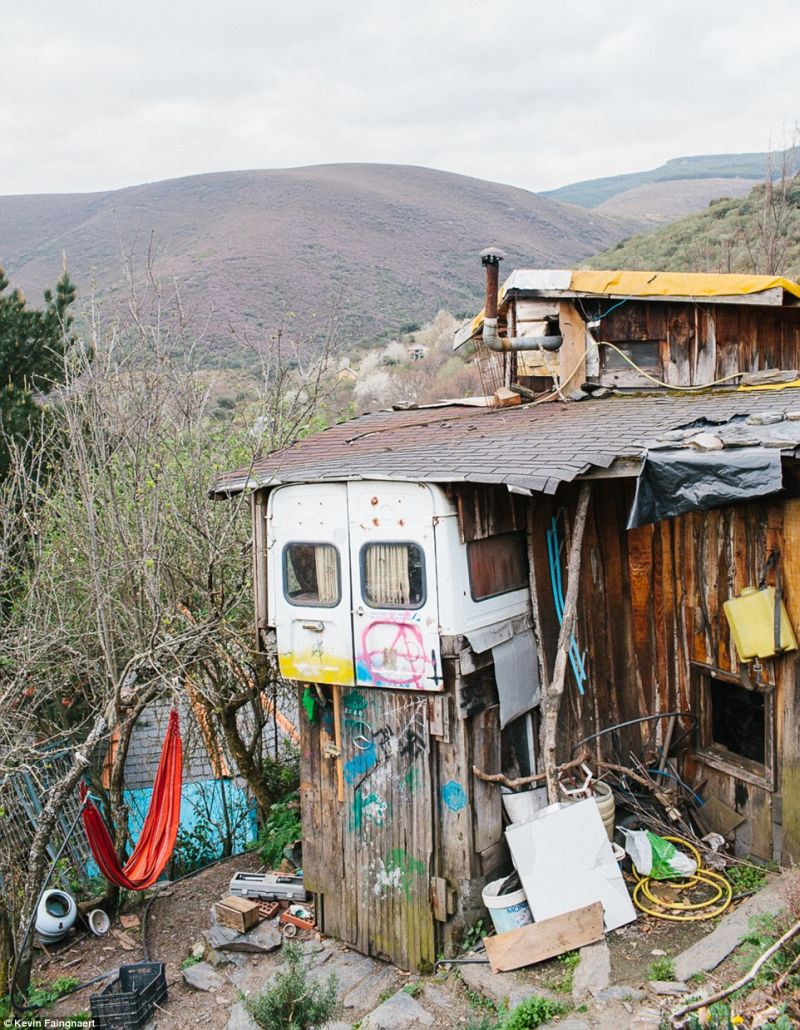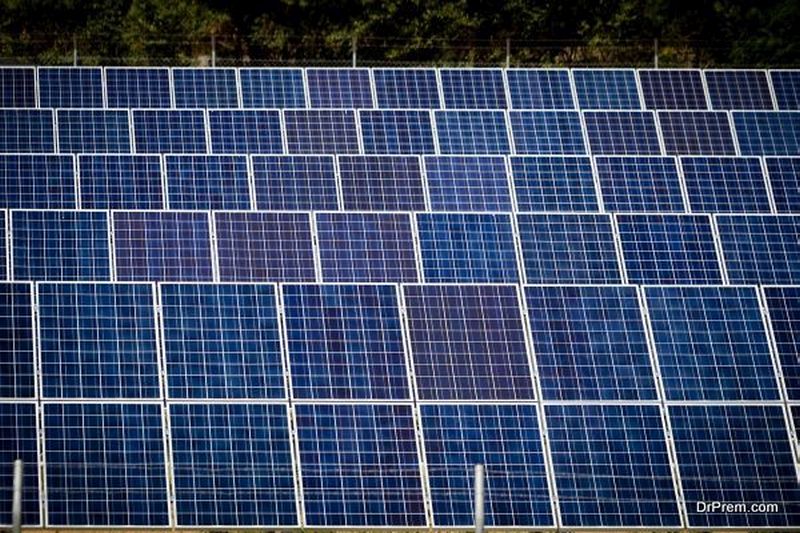Many people around the world are choosing to go off the grid. Living off the grid helps to contribute in reducing the carbon footprint. We have heard of people going off the grid individually, but now there are some villages in Europe and one in India which have gone completely off-grid. Mataverno, situated in the northwestern region of Spain is a reclaimed village which is a self-sustaining off the grid village. So is Feldheim, a tiny little village which has a population of 150 people is at the helm of Germany’s shift to renewable energy. Read on to find out more:
Mataverno, Spain
Image Source : i.dailymail.co.uk
The village of Mataverno in Spain is a ghost village which has been reclaimed and made habitable. In fact, Mataverno is just one of hundreds of reclaimed villages in which people have been living off grid. Mataverno, like the other ghost villages, was deserted by the people who lived there as they migrated to cities and towns to make a living.
Mataverno was home to miners once but in 1989, a German group arrived in Mataverno who belived in going back to nature. They raised teepees and tents, cleared paths and to have enough water, they dug canals. Word spread with time, and more like-minded people turned up and made Mataverno their home. Now, it is home to approximately 60 people.
The village is within 3 hours walking distance from the next village. The village has a bar and a library and rows of whimsical homes put together with different materials. The people live in an eco-friendly way, are self-sufficient and hard working and have a deep respect for each other and the environment. The people of this village have shown the world how to live off the grid successfully.
Feldheim, Germany
The village of Feldheim with a population of 150 is the first village in Germany to leave the grid and switch to 100% alternative energy produced locally. The tiny village has sworn off nuclear power and fossil fuels, before the rest of Germany. The electricity of Feldheim comes from the wind farm situated in its fields, and reaches the houses via a mini grid.
The village sells 99% and more is sold to the national power grid. The people heat their homes with heat from biogas in winter and heat derived from burning forestry waste heats the homes on the coldest days.
To set up the off-grid system, he villagers took loans from the bank and availed of subsidies, with their partner being Energiequelle. The villagers do not regret the loans as their heating and electricity bills have been drastically reduced. Feldheim no longer has to pay for the 160,000 liters of oil in a year, which it used to use.
Germany plans to go switch off all its nuclear power plants by 2022, and by 2050, convert to renewable energy source, up to 80%. Windfarms in Germany have sprung up everywhere and solar panels are seen on top of barns, homes and factories, encouraged by government returns and subsidies.
Meerwada, India
Meerwada used to come to a standstill at nightfall, but not any longer. No work was possible, and children had to study under kerosene lamps, and adults had to struggle to finish the simplest household chores.
But solar power has changed the life in the village. In the evenings, the village people enjoy the benefits of electricity, with fans cooling them and children reading easily. People can now see what they’re eating and drinking.
Meerwada’s luck changed when the village was selected by the US firm SunEdison to test business models and paid for the expense of installing solar panels in the village. The village became the first village in India to go off grid totally.
The people of Meerwada use the solar powered electricity frugally, lights are switched on only when it’s dark, there’s one TV for the whole village, and only the elderly and children enjoy the luxury of fans.
The world needs more villages, towns and cities to go off-grid as the national grid is already over-burdened. More people going off-grid would reduce the pressure on fossil fuels and conserve them, as there is only a limited amount of fossil fuel left now on the planet.




